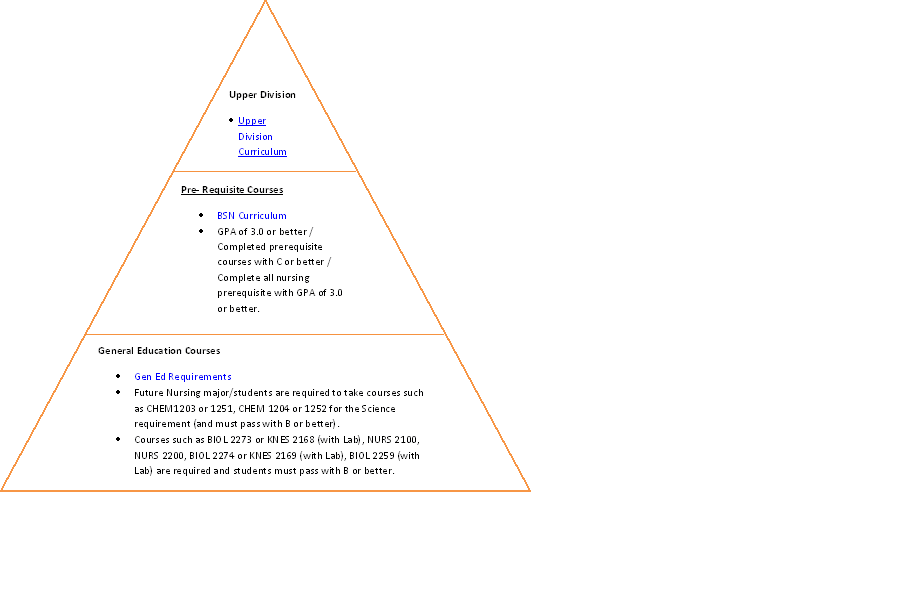Resources
Introduction
Nursing can be one of the hardest and most challenging degrees one can pursue during college. The field of nursing is highly competitive and it demands competent nursing professionals who are willing to serve with excellence and highest-quality. To assist the future nursing students who will face many challenges and difficulties in their nursing academic careers, the Crossing Borders: Making Connections team has provided resources page that contains resources regarding what classes prospective nursing students should take, what community services related to health care field are available, and networking and professionalism.
What Classes to Take
As a middle or high school student, it is important to plan ahead and take courses that will increase your ability to succeed in pre-requisite courses required for nursing school. These courses will also prepare you for academic success once accepted into nursing school. With this in mind, below are courses that would benefit students the most. The Advanced Placement (AP) courses, only offered at the high school level, are excellent courses to take, since students passing the AP exams may receive college credits, and these credits also satisfy some pre-requisites for the nursing major.
For the Middle School students:
- Honors Language Arts
- Honors Mathematics
- Algebra I
For the High School students:
- AP Chemistry or Honors Chemistry
- AP Statistics or Statistics
- AP English Language & Composition or Honors English III
- AP Psychology or Honors Psychology or Sociology
- Honors Human Anatomy and Physiology
- Health Sciences classes
It is highly recommended that you check your school’s or school system’s curriculum guide (i.e. Charlotte Mecklenburg Schools’ curriculum guide) to see if classes such as listed above are offered. Once you have done so, look over AP credits that UNC Charlotte offers and curriculum guide for UNC Charlotte School of Nursing students.
*Note that the webpage “curriculum guide for UNC Charlotte School of Nursing students” has extensive and thorough lists of requirements for different pathways, such as for traditional BSN undergraduate program, RN-BSN completetion program, and Centralina RIBN track.
In the state of North Carolina, many students transfer from a community college such as Central Piedmont Community College, to a 4-year university such as UNC Charlotte. If you are currently attending a community college or thinking about attending a community college and then transferring to a 4-year university, then please check what classes you should take or what credits will be transferred with your local community college and UNC Charlotte’s transfer admission site to plan ahead.

*source: /sites/crossingborders.charlotte.edu/files/media/pyramid%20for%20the%20CB%20website.pdf
Community Resources
It is essential for the prosepective students to explore the health care field and experience what it is like to be in the health care field. We encourage all students to seek out volunteer, internship, or career-shadowing opportunities early and get involved in their local communities to get a better sense of what it is like to be in health care career.
Volunteer with:
It is strongly recommended that you contact hosiptals and clinics in your local area for shadowing or volunteer opportunities as well. Also, check if your school has any internship or job shadowing opportunities in the health care field that you are interested in.
Networking and Professionalism
Networking and Professionalism are huge key factors in being successful wherever you are or whatever you are doing. We ask that you would be mindful of the importance of professionalism, even in the academic/university settings, and recommend to you to look over these resources below to learn more about networking and professionalism.
- How to write a great resume and cover letter
- How to ace an interview
- Effective Interviewing
- Business Letters
- Effective E-mail Communication
We also recommend that you visit UNC Charlotte’s University Career Center webpage if you need any additional resources on networking and professionalism.